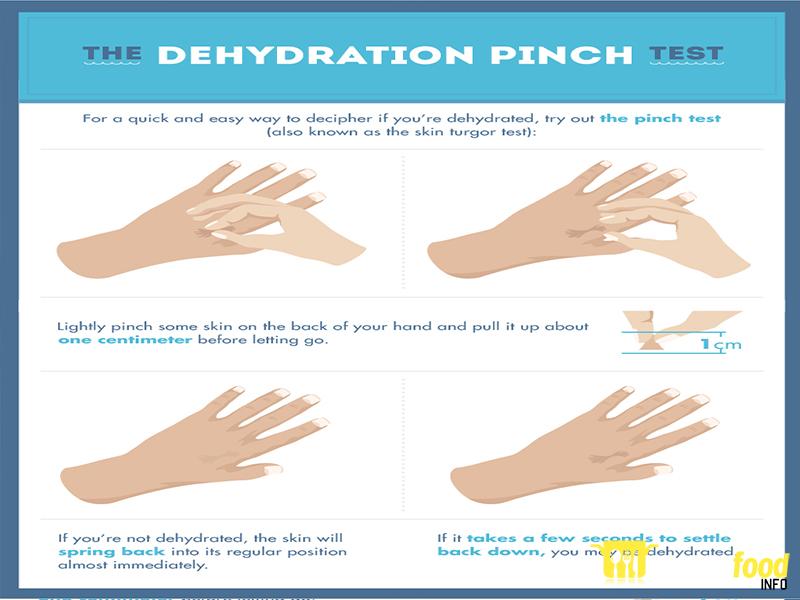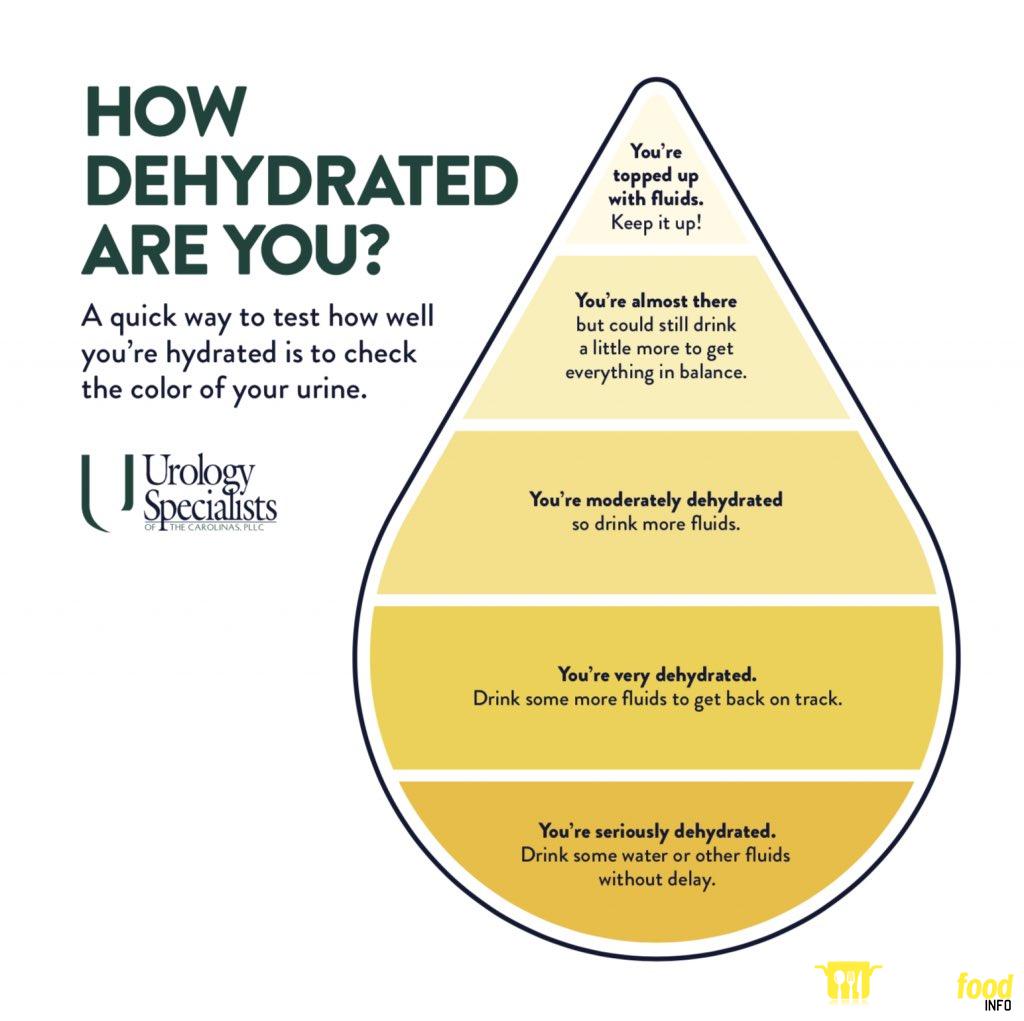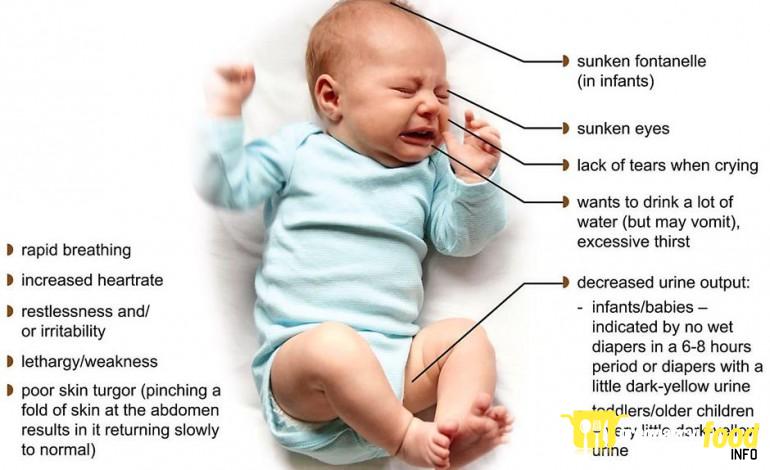How to Tell If Baby is Dehydrated? Whenever you’re caring for your baby, you need to know how to tell if he or she is dehydrated. Generally, dehydration is a problem that can be prevented by ensuring that your baby has plenty of water and nutrients to drink. However, dehydration can also result in problems and complications.
Water
During hot weather, the first step to prevent dehydration is to dress your baby in breathable clothing. Make sure to remove excessive clothing, such as blankets, to prevent overheating.
Drinking plenty of fluids is essential to keep your baby well hydrated. However, you must avoid drinking the wrong type of liquid. It is important to keep a record of your baby’s feedings to ensure that you are not providing your child with the wrong drink.
A dehydrated child should be given oral rehydration solution, which is a fluid that contains electrolytes. These salts are needed by your body to keep your body functioning properly.
An oral rehydration solution can be purchased from a pharmacist or local drugstore. It can be used to replace fluids lost from vomiting or diarrhea. It may also be used to supplement breast milk or formula.

A dehydrated baby’s eyes will be sunken in, and his mouth will be dry. He should also have splotchy skin and cold feet.
Oral rehydration solution
Usually, children who are dehydrated will want to drink fluids. However, if they do not want to drink, they can still eat regular foods. Moreover, oral rehydration solution is also available to help them rehydrate. The solution is composed of salts and sugars. It is absorbed even if the child is vomiting.
Oral rehydration solution can be bought over the counter and is used to treat mild dehydration. The solution contains the right balance of salt and sugar. It is a mix of water and the right amount of sugar.
The solution is also available in the form of powders which are mixed with water. It can be given at home or in the hospital. For infants, the solution should be given in a small amount every 5 minutes. Alternatively, the child can be given larger amounts as he/she gets better.
For toddlers, the solution can be given in a small amount every 15 minutes. The amount of solution given depends on the baby’s age and the level of dehydration. Generally, children under two should receive a half ounce per 15 minutes for two hours. Children aged two to four should receive one cup per hour for four hours.
Urine turning dark yellow
During pregnancy, urine can turn dark yellow when baby is dehydrated. It is generally considered normal, but if you notice the color changing, you should speak to your doctor. There are several possible causes of the color change, including a medical condition, food, or medication.

Dark urine can be a symptom of dehydration, as well as a side effect of certain medications. You should drink plenty of water to prevent dehydration. You should also keep a large bottle of water with you at all times.
Some medications and food dyes can also change the color of your urine. For instance, amitriptyline will turn your urine blue. You should also be aware of the fact that fava beans are a source of dark brown urine.
In addition to medications, you should drink more water if you have a dark urine. It is recommended to drink at least three cups of water a day. You should also avoid any foods or liquids that might be causing the color change.
Complications of dehydration
Keeping children hydrated is a necessity at all times. Especially for young children, dehydration can be a serious problem. It can lead to problems such as slowed or fastened breathing, heat exhaustion, and listlessness. It can also lead to seizures and death.
Dehydration in children can be caused by a number of illnesses. If you notice any signs of dehydration, see your doctor immediately. A dehydrated child will not cry and may be sleepy. A doctor can check the child’s temperature, pulse, and respiratory rate. The doctor will also examine the child’s overall health and may prescribe medicine to treat the illness.
Infants and children who develop serious signs of dehydration may need intravenous fluids. These can be given by a caregiver in a hospital. These fluids can be given through a tube in the nose, through the mouth, or by inserting a needle into the vein. These can be given in very small amounts, as needed, until hydration is achieved.




